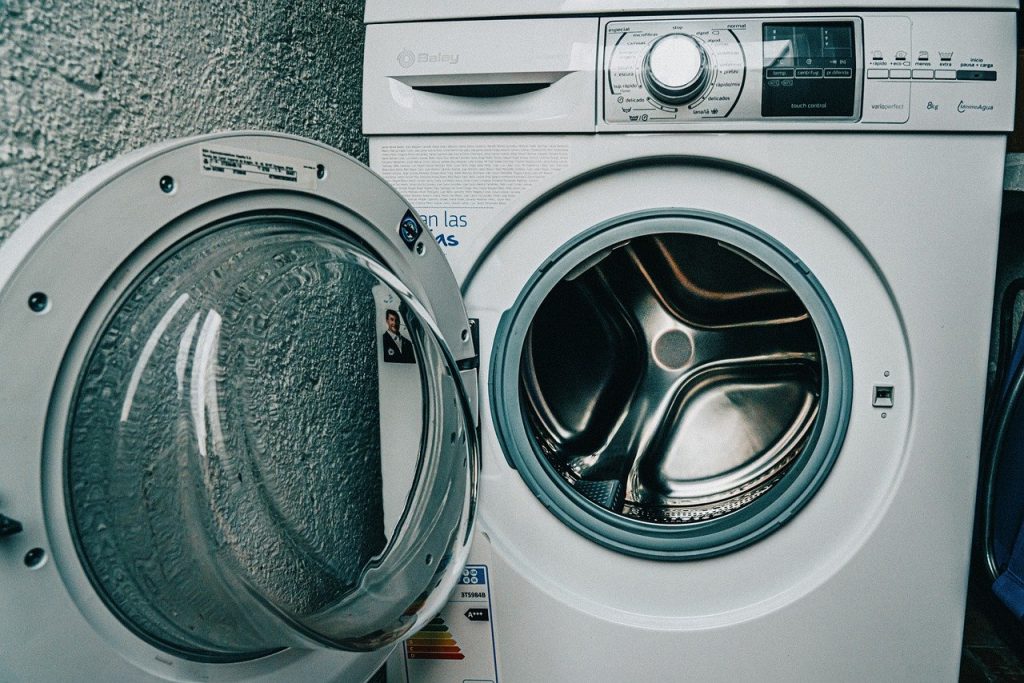A new law is coming into force from Thursday giving consumers a legal right to repair goods and appliances.
It will mean items like washing machines, TVs and fridges will become cheaper to run, and manufacturers will have to make spare parts available. The aim of the new rules are to extend the lifespan of products by up to 10 years. This will also cut down on electrical waste.
In another positive step, higher energy standards coming this year will reduce energy bills by an average of £75 per year.

However, one company thinks the new rules may result in white goods becoming more expensive to buy. This is because cheaper products are not usually designed to last for long.
The right to repair rules are to deal with the issue of manufacturers deliberately building appliances to break down after a certain period of time. This is common practice among manufacturers in order to encourage consumers to buy new ones. But now manufacturers are legally obliged to make spare parts available to consumers so they can fix appliances.
There were changes to energy efficiency labelling on appliances in March, and further changes are on the way this year regarding standards. This means consumers can save money and also cut carbon emissions.
A throw away culture
The hope is that tougher standards will ensure the fixing of more electrical goods rather than throwing them away when they stop working. Consumers will no longer need to get rid something just because a small broken part isn’t in stock anymore. Now, if a fridge seal, dishwasher runner or detergent drawer breaks, people don’t have to buy a whole new product. Manufacturers must sell replacement parts directly to consumers for at least 10 years. Even if the item is no longer on sale as part of their range.
The new rules do not affect warranties, or deal in anyway with who is responsible for the repair. Manufacturers and retailers still need to honour any applicable guarantees to fix products. When the warranty period ends, it is up to you to complete the work, but you must at least have access to a replacement part. This will probably mean paying for the parts and any labour as necessary. There is also no guarantee the costs involved are affordable, only that you can get hold of the part.
The new rules give people more of a choice on whether to repair or replace a product. The move to offer a right to repair gives the opportunity and encouragement to hold on to an appliance. But people may not actually have the confidence to attempt to fix it themselves, or want to bother with the hassle of finding someone reliable to do it for them. Repairing an item may not necessarily become the default option for consumers.
Thank you for reading Right to Repair Law comes into force to Extend Lifespan of Products

Looking for a storage solution for your garden furniture, tools and belongings? Look no further – Garden Sheds at affordable prices.